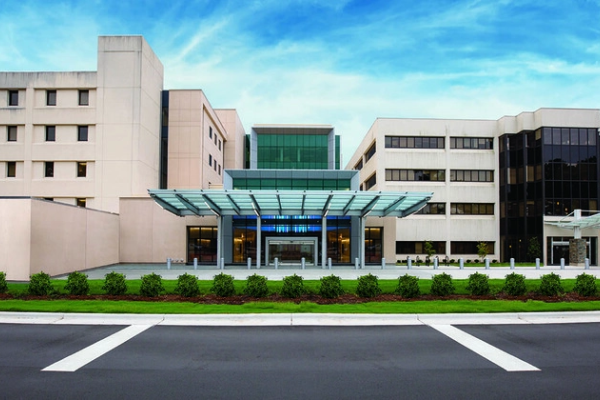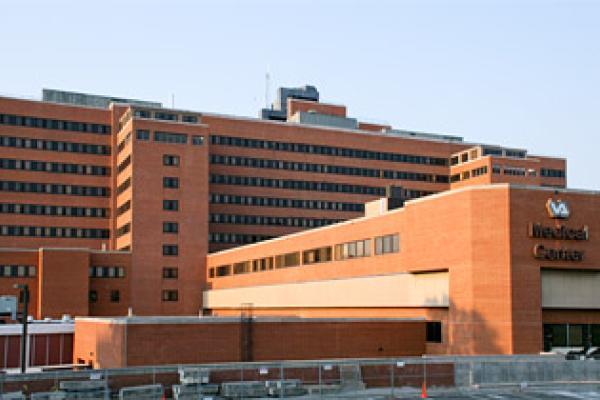The Endourology, Metabolic Stone Disease, Laparoscopic and Robotic Surgery Fellowship program gives fellows the opportunity to gain hands-on experience providing care for diverse populations and treating a wide range of conditions.

Duke University Hospital (DUH)
Consistently ranked as one of the top 10 hospitals by U.S.News & World Report, the 989-bed Duke University Hospital is a tertiary and quaternary care hospital and Level I trauma center. On its 210 acres, it houses comprehensive diagnostic and therapeutic facilities that serve a multistate region, drawing patients routinely from the Carolinas, eastern Tennessee, southern Virginia, Georgia, and Florida. Many of its programs also attract patients from other national and international sites. The main hospital is complemented by a state-of-the-art ambulatory surgery center situated two blocks away. Recent additions to Duke Hospital continue to add operative capacity and the patient volume continues to grow, consistent with the booming population moving to the triangle area.

Duke Raleigh Hospital (DRH)
Duke Raleigh Hospital has been part of Duke Health since 1998 and has served Wake County for more than 35 years. It employs more than 2,000 people. The hospital has 300+ inpatient beds and offers a comprehensive array of services, including, cancer care, cardiovascular care, neuroscience, advanced gastrointestinal care, and wound healing. The hospital has laboratory and imaging services, a pain clinic, 24/7 emergency care, community outreach and education programs. For 2022-2023, U.S. News & World Report has ranked Duke Raleigh Hospital as high performing in orthopedics and geriatrics and in six common adult procedures/conditions: chronic obstructive pulmonary disease (COPD), heart failure, kidney failure, lung cancer surgery, pneumonia, and stroke.

Durham Veterans Administration Hospital (DVAMC)
This 274-bed general medical and surgical facility is located just across the street from Duke Hospital. The DVAMC provides general and specialty medical, surgical, psychiatric inpatient, and ambulatory services and is a major referral center for veterans in North Carolina, southern Virginia, northern South Carolina, and eastern Tennessee. In this capacity, the DVAMC accommodates veterans from these regions with complex general, vascular, and cardiothoracic needs and, in addition, serves local veterans requiring care for common general surgical disorders.